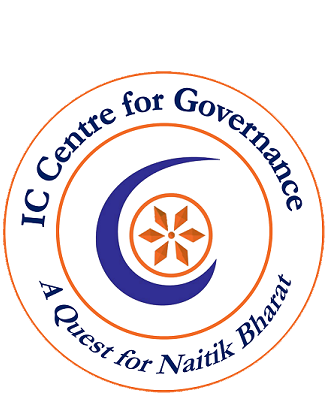Institutions play a dominant role in shaping our society. The public and the society at large expect that institutions display a profound commitment to ethics in all their activities. The ethical demands placed on institutions fall into two important categories:
a) Refrainment from negative actions such as deception or causing harm.
b) Undertaking positive duties which contribute to the well-being and improvement of the society and environment.
Although the second category may not be legally enforceable, it is a requirement whose fulfillment vastly contributes to the image, public perception and performance of an institution.
The relevance of institutional ethics has increased multifold during the last couple of decades primarily because modern technology has made it possible to scrutinize and analyze every step that an organization takes. In fact, the proper implementation of a well-documented Code of Ethics is considered one of the key factors for sustainable success and growth. A flawed ethical system is considered synonymous with poor governance and weak leadership. The leadership is therefore under intense pressure to implement a Code of Ethics throughout the organization and even show commitment to it through personal example.
India has a vast and diverse network of public institutions which are either wholly or partially under the control of the central or state governments. Although most of these institutions have a document on the Code of Ethics, the integration of ethics in their actions is practically non-existent. Many of the employees are either not aware of the existence of such a document or have never cared to go through its contents. There is also little effort on the part of the leadership to increase awareness and impart training on this crucial subject. It is also well known that the performance of such institutions is far from satisfactory. The general public impression is also that they are inefficient, sluggish and corrupt and, consequently, a drain on the country’s economy. This thereby strengthens the argument that there exists a direct correlation between an institution’s performance and the extent to which it implements a proper Code of Ethics.
Based upon the above knowledge, IC Centre for Governance (ICCfG hereafter) decided to create an appropriate module to increase awareness and impart training on Institutional Ethics to all types of Government institutions, which include constitutional entities, municipalities, authorities, corporations, banks, commercial organizations, undertakings etc. We are of the firm belief that our efforts in this direction will result in improvement of transparency, efficiency, productivity and public perception of the institutions and consequently benefit the country.
